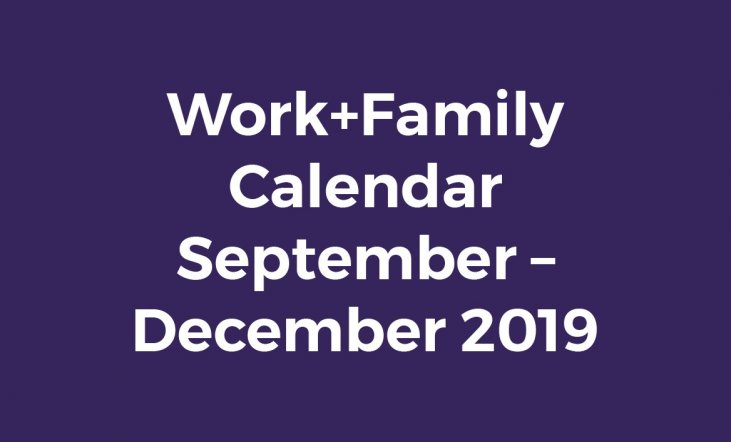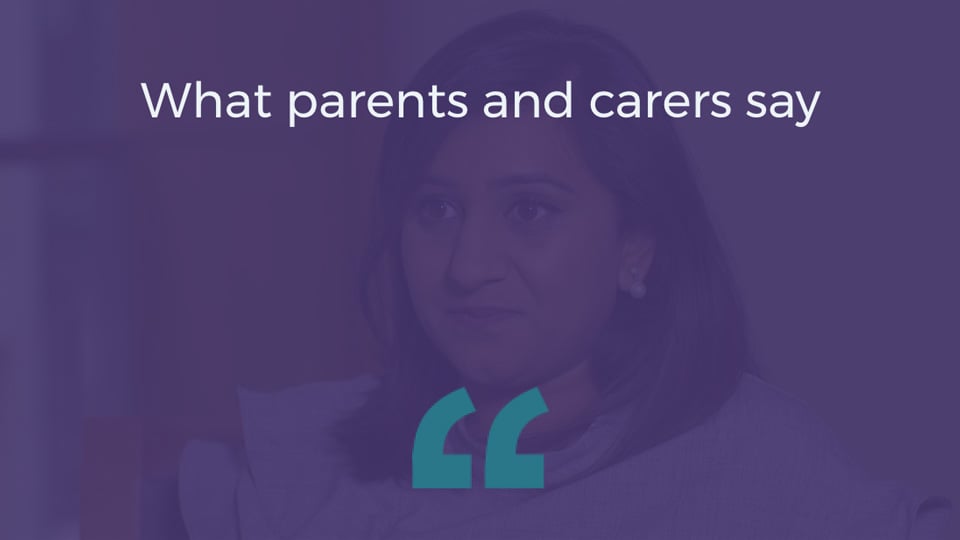Newsletter Sign Up
Regular work+family updates for
HR and diversity professionals.
My Family Care asks Mike: It's OK to be angry... or is it?
Defining types of anger
I believe there is a fundamental understanding that is required before I can answer the question posed.
One needs to understand that passive aggression, active aggression, and being assertive are all different communication styles.
Passive aggression refers to behaviour that is often seen as habitual patterns of passivity related to work and home life. It often manifests as stubbornness, negativity, procrastination, forgetfulness, lack of concentration, unreliability, inefficiency, and so on...
Active aggression is when a person actually goes out of their way to cause direct fear, inflict harm or hurt you emotionally. Their agenda is to control you by getting you to fear them. The classic example is being bullied, cajoled, forced, tricked or manipulated by using threats of all sorts.
Assertiveness falls right in the middle of being passive and being aggressive. If you're passive, you'll never vocalise your needs; if you're aggressive, you'll look like a big bully and will likely be misdirecting your frustrations. But if you're assertive, you'll be able to express your desires while respecting the needs of others, and you'll have a better chance of getting what you want and deserve.
Now that we have some understanding, let's look at the original question:
It's okay to be angry... or is it?
Better out than in
Based on the three communication styles above, it is vital that we express our anger - I always say it's healthier out than in. But what is anger - and why is it so vital?
Anger, expressed cleanly and clearly, informs others of our distress - simply saying 'I am angry with you' is far healthier than starting the conversation with:
- You always...
- You never...
- You should or shouldn't...
- Why don't you...
- And one more thing...
Being able to express anger in an assertive way can resolve situations very quickly. It's vital that the conversation starts with a declaration that you are angry - otherwise, it feels like you are blaming or shaming the other individual.
If you don't claim your anger, you just perpetuate passivity and aggression. Many individuals who are passive aggressive suffer from depression, which is why it's better out than in.
Identifying your communication style
Unfortunately, those who are actively aggressive often cause depression in other people because they are made to feel powerless. You generally need to respond to aggression with assertiveness if you have any chance of standing your ground.
You might find that you are an imploder, which means you suck the anger in and it manifests as depression; this is a passive aggressive response to active aggression.
You may find instead that you are an exploder; meaning that you display active aggression quickly and then feel better ten minutes later, leaving others suffering for weeks.
As you can see, there isn't an easy answer because it has many variations. Once you've identified your communication style - and you may find that you float between them, depending on the situation - you need to learn to respond to anger.
If you are passive aggressive (an imploder), you need to overcome your fear of rejection and abandonment. If you are actively aggressive (an exploder), you need to learn how to delay gratification and sit in the discomfort of your feelings until you are calmer.
The will to change
Learning to change your behaviour isn't easy. You can read books on the subject, but at the end of the day, if you recognise that you are either passive aggressive or active aggressive, there are things you can do.
If you want help in curbing your behaviour, organisations like the British Association of Anger Management offer programs and support. I am not suggesting that reading books won't help, but because the subject is complicated, a workshop will go a long way in helping you to address some of the issues that have been written about here.
I'd like to offer one final word on this complicated subject. From my experience, people who suffer from passive and active aggression actually suffer from low self-esteem. Self-esteem is the ability to value, respect and appreciate our worth in the world; usually, you will find this quality in people who are assertive.
People who have low self-esteem tend to be very defensive, even when no one is actually attacking them. People who are assertive have healthy self-esteem.
Mike Fisher, British Association of Anger Management For more information, you can visit www.mindyouranger.com and www.a2zeq.com












